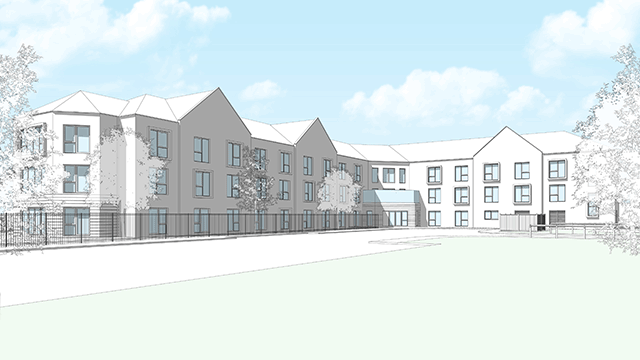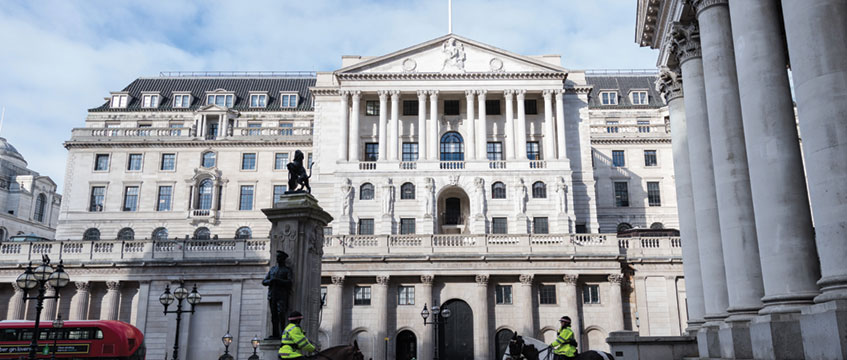The Bank of England has raised interest rates to 2.25%, the highest rate since the financial crisis of 2008.
But the 50-basis-point rise was lower than the 75bps hike that many economists and much of the market had predicted.
A 75bps rise would have been the highest rise since 1989.
The bank’s Monetary Policy Committee was split on the decision. Five members voted to raise the rate by 0.5 percentage points, while three members preferred the higher rise of 0.75 percentage points, to 2.5%. Just one favoured a lower rise of 0.25 percentage points to 2%.
IPSX chief executive Roger Clarke warned that the rise would “further dampen business sentiment as the economy hurtles toward a recession that threatens to mute investment activity”.
He added: “Investors will become increasingly bearish towards sectors exposed to consumer spending, while higher borrowing costs will negatively impact asset valuations as investors pause activity and wait for cheaper buying opportunities in order to maintain an acceptable yield. Investment strategies will accelerate towards wealth preservation and safe-haven assets, with high inflation set to erode savings and growth prospects of illiquid open and closed-end funds.”
Cluttons’ valuation partner Jonathan Rhodes pointed out that the impact of rising rates was already being felt, “specially across the commercial property sectors where values are falling”.
“Increased borrowing costs is putting squeeze on LTVs, but banks are also having to consider their margins and we are beginning to see these getting squeezed too.”
Bond yields have also been increasing, he added, reducing the gap between 10 year bond yields and property yields.
“The big question is how high interest rates will go – some people are suggesting 4% by end of next year – five year swap rates were at 3.60% a few days ago, so the market is already expecting or pricing in ongoing higher rates.”
Charlie Huggins, Wealth Club’s head of equities, said: “The Bank of England is stuck between a rock and a hard place. A gentler approach to rate rises risks sending sterling into a tailspin and seeing inflation get even further out of control. But too much tightening could easily choke the life out of the economy, without significantly easing the cost-of-living crisis. It’s a horrible balancing act, with seemingly no good outcomes.”
Tom Bill, head of UK residential research at Knight Frank, said “the forces of gravity” would continue to build for UK house prices with today’s rate rise, and they “will inevitably return to earth”.
“The cost of a five-year fixed-rate mortgage has almost tripled over the last year and this upwards trajectory will continue,” he said.
He added that backed-up demand in the housing market would be prolonged by a stamp duty cut, expected tomorrow. “However, any saving is likely to be eclipsed by rising rates. What the government gives, the Bank of England more than takes away.”
To send feedback, e-mail piers.wehner@eg.co.uk or tweet @PiersWehner or @EGPropertyNews











